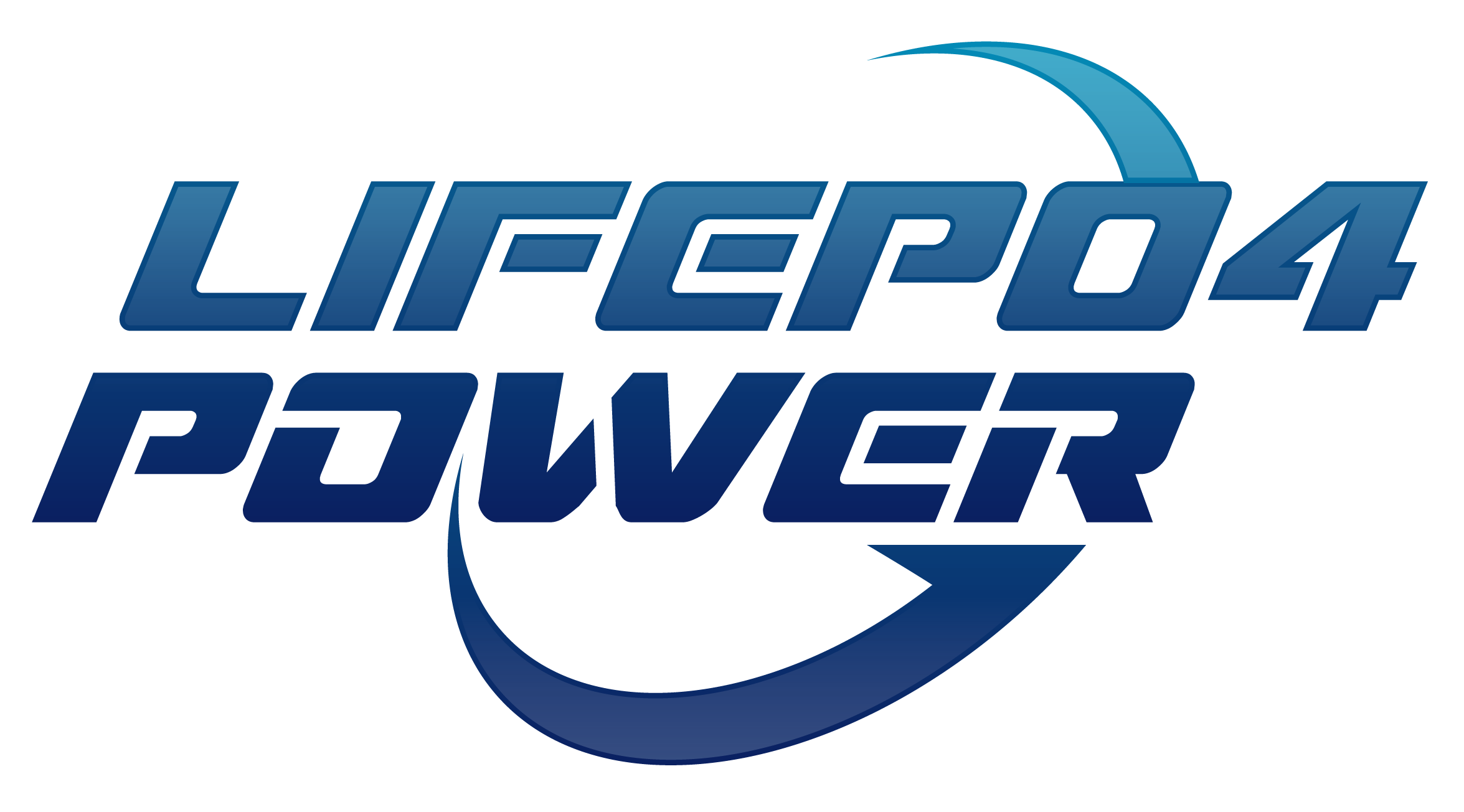- Home
- About Us
-
Products
- Buetooth Lithium Batteries
- Golf Cart Batteries
- Marine & Boat Batteries
- Forklift Batteries
- Car Audio Batteries
- Energy Storage Batteries
- Starter & Automotive Batteries
- Lithium Trolling Motor Batteries
- Floor Cleaning Machine Batteries
- Slimline 12V Batteries
- 12V Batteries
- 24V/36V/48V Batteries
- RV/Vans /Camper Batteries
- Wheelchair & Mobility Scooter Batteries
- Lithium LiFeO4 Batteries Cells
- Application
- News
- Service
- Contact Us

 EN
EN
 AR
AR
 CS
CS
 DA
DA
 NL
NL
 FI
FI
 FR
FR
 DE
DE
 EL
EL
 IT
IT
 JA
JA
 KO
KO
 NO
NO
 PL
PL
 PT
PT
 RU
RU
 ES
ES
 TL
TL
 ID
ID
 SK
SK
 SL
SL
 VI
VI
 HU
HU
 TH
TH
 TR
TR
 AF
AF
 MS
MS
 GA
GA
 AZ
AZ
 BN
BN




